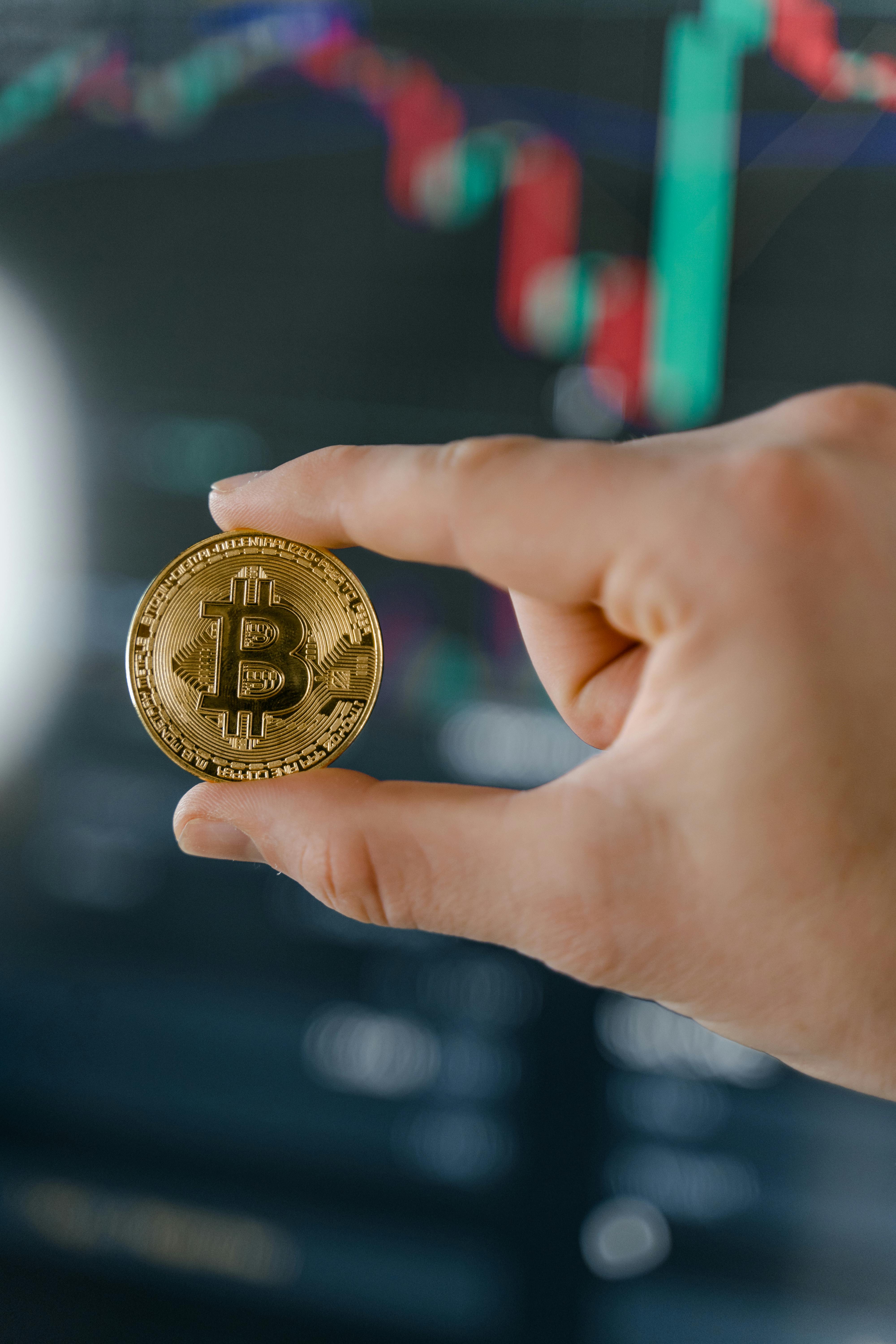
The Role of Governance Tokens in Blockchain and Decentralized Finance
The Role of Governance Tokens in Blockchain and Decentralized Finance
Understanding Governance Tokens: A Comprehensive Overview
Governance tokens represent a revolutionary mechanism within blockchain and decentralized finance (DeFi) ecosystems, enabling token holders to participate directly in the strategic decision-making processes of decentralized protocols and platforms. These digital assets transcend traditional financial instruments by providing holders with voting rights, proposal submission capabilities, and critical protocol management functions.
Technical Mechanisms and Architectural Design
The technical infrastructure of governance tokens is built upon sophisticated smart contract protocols, typically deployed on blockchain networks like Ethereum. These tokens utilize complex voting mechanisms such as quadratic voting, snapshot voting, and delegation systems that ensure transparent and democratized decision-making processes. Smart contract frameworks enable precise token-weighted voting, where the voting power correlates directly with the number of tokens held by an individual.
Legal Frameworks Across Multiple Jurisdictions
Governance token regulation varies significantly across international jurisdictions. In the United States, regulatory bodies like the SEC scrutinize these tokens under securities laws, while jurisdictions such as the British Virgin Islands and Cayman Islands offer more flexible regulatory environments. Swiss and Liechtenstein frameworks provide nuanced approaches to digital asset governance, recognizing the unique characteristics of blockchain-based voting mechanisms.
Top Governance Token Protocols in 2024
1. Uniswap (UNI)
Uniswap's governance token represents a quintessential example of decentralized protocol management, allowing holders to propose and vote on protocol upgrades, fee structures, and strategic initiatives.
2. Compound (COMP)
Compound's governance model enables token holders to manage critical protocol parameters, including collateralization ratios, supported asset types, and risk management strategies.
3. Aave (AAVE)
Aave's governance framework provides comprehensive decision-making capabilities across lending and borrowing protocol configurations, demonstrating the sophisticated potential of governance tokens.
Market Analytics and Performance Metrics
| Protocol | Total Value Locked | Governance Token Price (2024) | Voting Participation Rate |
|---|---|---|---|
| Uniswap | $4.2 Billion | $8.75 | 42% |
| Compound | $2.1 Billion | $65.40 | 35% |
| Aave | $3.6 Billion | $92.15 | 48% |
Data sourced from DefiPulse and CoinMarketCap (January 2024)
Future Implications and Technological Evolution
The future of governance tokens extends beyond current implementations, with emerging trends indicating more sophisticated quadratic voting mechanisms, enhanced interoperability between protocols, and increased institutional integration. Machine learning algorithms and advanced cryptographic techniques are expected to further refine governance token architectures.
RWA.codes: Advancing Governance Token Infrastructure
At RWA.codes, we specialize in developing comprehensive blockchain solutions that address the complex technical and legal challenges of governance token implementation. Our expertise spans tokenization strategies, smart contract development, and regulatory compliance across multiple international jurisdictions.
Our team provides end-to-end services including:
- Custom governance token architecture design
- Regulatory compliance assessment
- Smart contract development and auditing
- Strategic consulting for decentralized protocol management
By leveraging cutting-edge technologies and deep domain expertise, RWA.codes empowers organizations to navigate the intricate landscape of blockchain governance and tokenization.